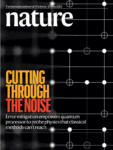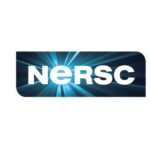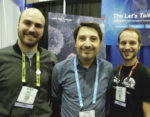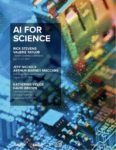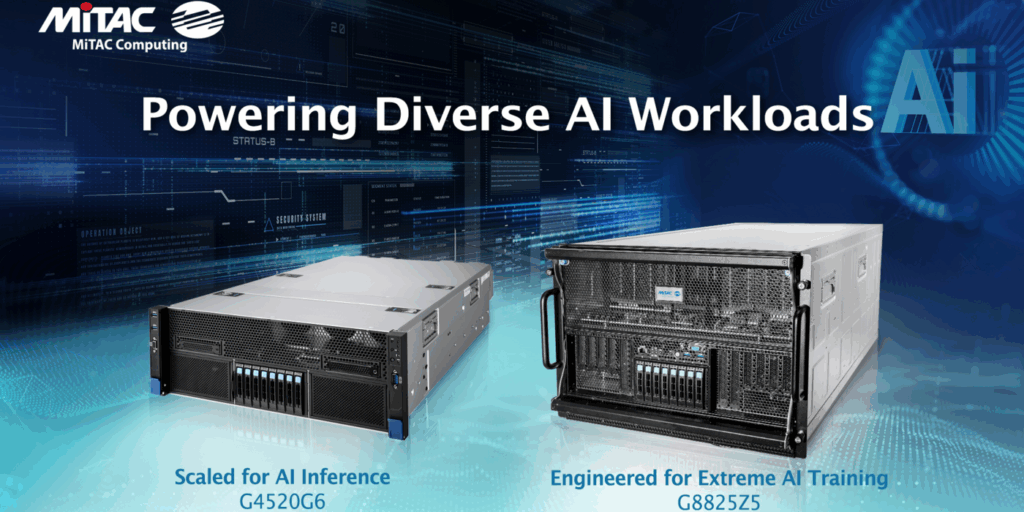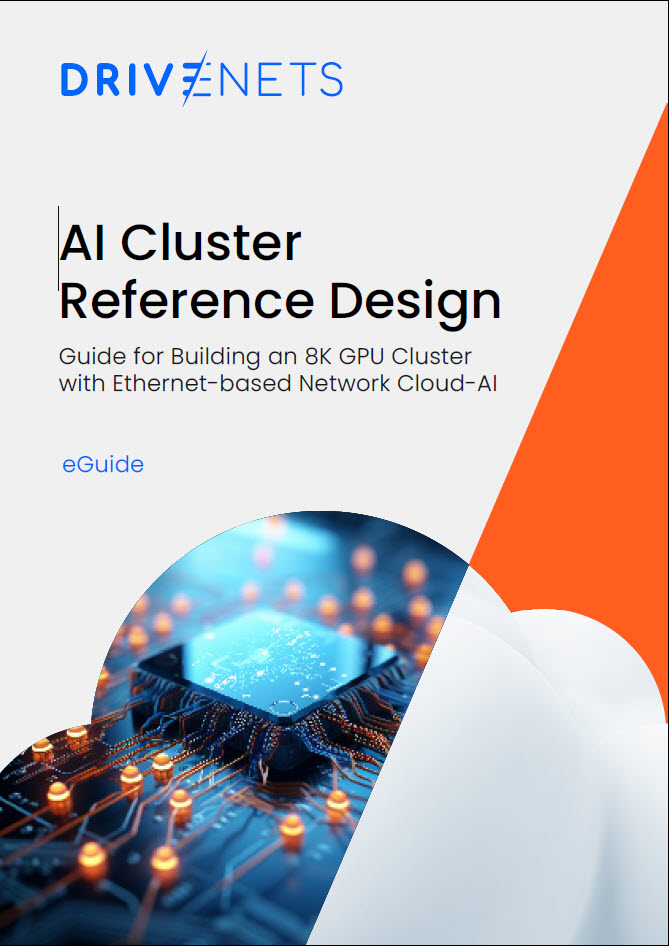WASHINGTON, DC — NVIDIA announced that the company, along with General Atomics and a team of international partners have built an AI-enabled digital twin for a fusion reactor with interactive performance, with technical support from San Diego Supercomputer Center at UC San Diego School of Computing, Information and Data Sciences, the Argonne Leadership Computing Facility […]
NVIDIA and General Atomics with Partners Build AI-Enabled Fusion Reactor Digital Twin
Berkeley Lab’s Jennifer Doudna Awarded National Medal of Technology & Innovation
Biochemist Jennifer Doudna, a faculty scientist at the Department of Energy’s Lawrence Berkeley National Laboratory, founder of the Innovative Genomics Institute, and a professor at UC Berkeley, has received the National Medal of Technology and Innovation, the nation’s highest honor for ….
@HPCpodcast: John Shalf on the ‘Attack of the Killer Chiplets’ and the Future of HPC
Special guest and last year’s ISC program chair John Shalf joins Shahin and Doug in this episode of the @HPCpodcast, sponsored by Lenovo, to discuss the rise of specialized architectures to boost HPC performance in the post-Moore’s Law era. It’s a topic ….
LBNL Leads Quantum Data Storage, Visualization Project
Lawrence Berkeley National Laboratory has announced that national lab and university researchers recently released two papers introducing new methods of data storage and analysis to make quantum computing more practical and exploring how visualization helps in understanding quantum computing. “This work represents significant strides in understanding and harnessing current quantum devices for data encoding, processing, and visualization,” […]
LBNL Researchers to Be Presented Hans Meuer Award at ISC 2024
Hamburg, Germany, March 22 – This year’s Hans Meuer Award recipients are a team of five researchers from the Lawrence Berkeley National Laboratory for their evaluation of the classical HPC hardware requirements for large-scale quantum computations. The Hans Meuer Award is an annual award presented at ISC High Performance. It recognizes the most outstanding research paper […]
IBM Reports Accurate Quantum at 100+ Qubits
IBM (NYSE: IBM) today announced what the company said is a breakthrough in quantum computing, published on the cover of the scientific journal Nature, demonstrating for the first time that quantum systems can produce accurate results at a scale of 100+ qubits “reaching beyond leading classical approaches.” An IBM research team conducted an experiment that […]
NERSC RFP: 40 ExaFLOPS Mixed Precision Expected from Perlmutter AI Supercomputer Successor
Last August, NERSC (the National Energy Research Scientific Computing Center) at Lawrence Berkeley National Laboratory announced its intent to commission “NERSC-10,” a next-generation supercomputer to be delivered “in the 2026 timeframe” for the U.S. Department of Energy Office of Science research community. The system will succeed Perlmutter, the 6,000 NVIDIA GPU-powered (with AMD CPUs), 4-exaFLOPS […]
NERSC, ALCF, Codeplay Partner on SYCL GPU Compiler
The National Energy Research Scientific Computing Center (NERSC) at Lawrence Berkeley National Laboratory (LBNL) and Argonne Leadership Computing Facility (ALCF) are working with Codeplay Software to enhance the LLVM SYCL GPU compiler capabilities for Nvidia A100 GPUs. The collaboration is designed to help NERSC and ALCF users, along with the HPC community in general, produce […]
Podcast: WarpX exascale application to accelerate plasma accelerator research
In this Let’s Talk Exascale podcast, researchers from LBNL discuss how the WarpX project are developing an exascale application for plasma accelerator research. “The new breeds of virtual experiments that the WarpX team is developing are not possible with current technologies and will bring huge savings in research costs, according to the project’s summary information available on ECP’s website. The summary also states that more affordable research will lead to the design of a plasma-based collider, and even bigger savings by enabling the characterization of the accelerator before it is built.”
Argonne Publishes AI for Science Report
Argonne National Lab has published a comprehensive AI for Science Report based on a series of Town Hall meetings held in 2019. Hosted by Argonne, Oak Ridge, and Berkeley National Laboratories, the four town hall meetings were attended by more than 1,000 U.S. scientists and engineers. The goal of the town hall series was to examine scientific opportunities in the areas of artificial intelligence (AI), Big Data, and high-performance computing (HPC) in the next decade, and to capture the big ideas, grand challenges, and next steps to realizing these opportunities.






